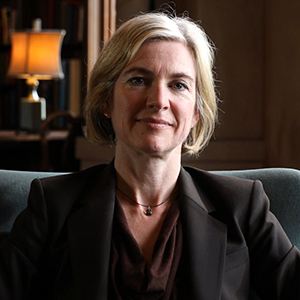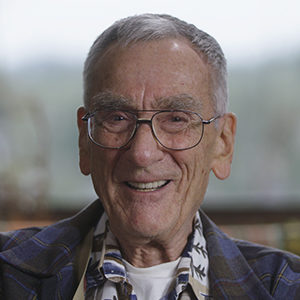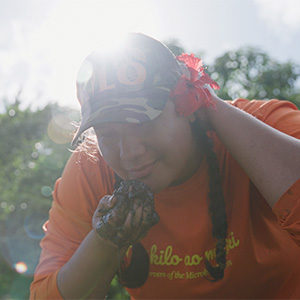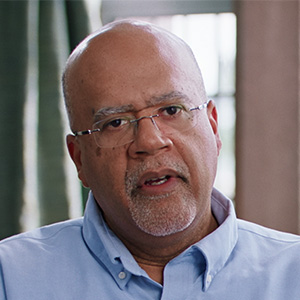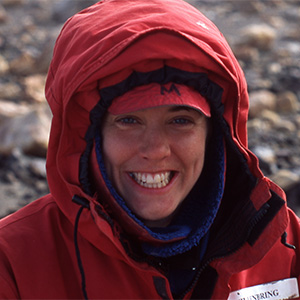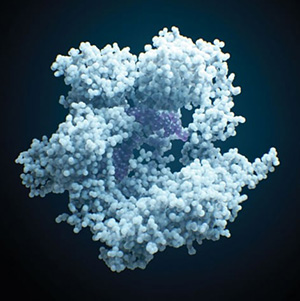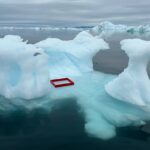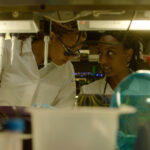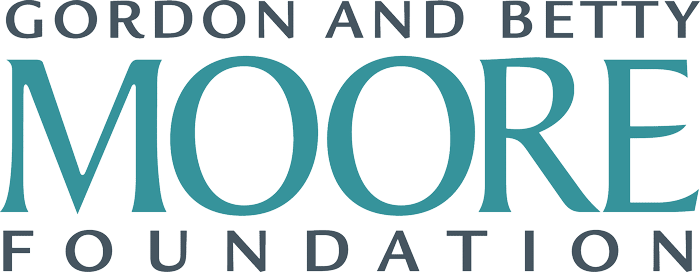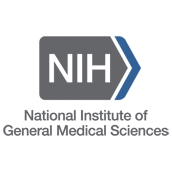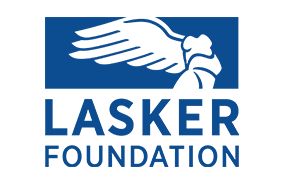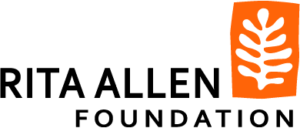Mónica I. Feliú Mójer, Ph.D: I’m looking for passion fruit. There’s often passion fruit that falls from the hill. And I love passion fruit. Love passion fruit.
When I was growing up, there was an elder en mi barrio, Don Franco. He milked my family’s cow and harvested fruits and vegetables around my parents house. I loved following him around. I always had a million questions. Why did chickens love earthworms? Why do plants grow at certain times of the year? Why? How?
Could he predict when it was going to rain, even if there wasn’t a cloud in the sky? Why? Why? Why? He hadn’t finished elementary school, but he knew so much about nature. I didn’t know it then, but Don Franco was the first scientist I ever met.
[in Spanish] Ready! It’s beautiful! Holy shit, there are seats all the way to the end.
Person 1: It’s 2,700 people.
Person 2: Are you ready?
Mójer: No. Haha! Oh, it’s so beautiful!

Announcer: [in Spanish] Live from the Convention Center in Miramar, during the national conference for diversity in science, technology, engineering and mathematics of the organization SACNAS. What the heck is SACNAS?
Mójer: I am in Puerto Rico for the annual Conference of SACNAS, the Society for Advancement of Chicanos, Hispanics and Native Americans in Science.
Presenter 1: We would see about 4000 different lipids.
Presenter 2: She felt unable to do her art…
Mójer: Here, you can experience science and all of its diversity. Not only of who does science…
Presenter 3: Engineer models of disease, but to study tropical infections.
Mójer: …but how it should be done.
Presenter 4: And that led me towards ecology and evolutionary biology. My tribe, my family invested in me.
Mójer: SACNAS is familia. A celebration of science, culture and community. A place of belonging.

[in Spanish] When I first came here it was the first time that I felt I could be my full self. When you are someone who belongs to these communities that have been marginalized in the sciences, it’s not unusual to get to a super prestigious place like Harvard, which is not only prestigious but is very white, ehh it’s not unusual to feel like you don’t belong.
As a kid, I loved science, but I never thought I could be a scientist. I didn’t have any scientific role models until I met my college biology professor. She encouraged me to try research, and after just one month in a lab, I was hooked
I graduated and moved to continue doing research, first at MIT and then Harvard. But everything in Boston was different. Big city, the weather and of course, the language. I suddenly had to translate everything I said or wrote into English. But I felt like I also had to translate who I was as a person.
I was always proud to be a Puerto Rican scientist, but now where I came from seemed irrelevant. I longed to reconcile my identities with what I wanted to do. I figured if I focused on my research and became a professor, I could eventually return to do science in Puerto Rico.
But then I met Daniel Colón Ramos… a fellow Boricua who had just started a fledgling online community connecting people who have an interest in science and Puerto Rico. I eagerly volunteered, starting with writing about science for a Puerto Rican newspaper. I learned that I love communicating science. Looking back, the serendipity of meeting Daniel changed my life forever.
[in Spanish] It is very valuable for us to hear these things because I am sure we are already thinking, “OK, how do we integrate your input.”
Today, my science work is no longer in a lab. It’s about creating other spaces to exchange knowledge, especially with people whose perspectives have been excluded from the process of science.

Woman 1: [in Spanish] Yes, education is very important, it is very important to share it, we know that this has made a difference in our communities, but I still cannot see it totally integrated, science with community work.
Mójer: [in Spanish] My goal is not that you get there if that’s not for you. The goal is that you can use science however it’s useful to you, to your needs, and the needs and priorities of your community.
I’ve been collaborating with these leaders in Puerto Rico to reimagine how science can serve communities. It’s been hard at times, but together we’ve change attitudes around vaccination, developed strategies for responding to misinformation and built new foundations for mutual understanding.
[in Spanish] I never saw science, I never saw myself in science. Not in school, not in books, not in the media, not anywhere. If there is something that gives me satisfaction is to know that part of the work and the path that we have been building and will continue to build is to make science accessible to all Puerto Ricans.
Returning to Puerto Rico, it feels like my journey has come full circle. I no longer translate myself because I never should have. I speak loud and with my hands. I hug and kiss people to say hello. Even strangers. Instead of suppressing my identities, I lead with them.
Announcer: SACNISTAS, please welcome to the stage Mónica Feliú Mójer.

Mójer: What’s up, SACNAS? I can’t even begin to tell you how excited I am to be here with all of you in my Borinquen bella, my homeland. I was born and raised on this archipelago en el Sector Pachanga, del Barrio Maricao de Vega Alta. In a rural, working class community where raising animals and growing our food was a way of life and elders knew what herb could calm an itch or relieve a stomach ache.
I am a scientist, gracias a mi barrio, a mi gente. Thanks to my community and my people. Their lessons guide me. They ground me. They are home.
Canfield, K. N., Menezes, S., Matsuda, S. B., Moore, A., Mosley Austin, A. N., Dewsbury, B. M., Feliú-Mójer, M., McDuffie, K. W. B., Moore, K., Reich, C. A., Smith, H. M., & Taylor, C. (2020). Science Communication Demands a Critical Approach That Centers Inclusion, Equity, and Intersectionality. Frontiers in Communication, 5. https://doi.org/10.3389/fcomm.2020.00002.
Feliú-Mójer, M. (2022). Advancing inclusion through culturally relevant science communication: a perspective from Puerto Rico. JCOM 21(07), C04. https://doi.org/10.22323/2.21070304.
Suzuki, W., Feliú-Mójer, M. I., Hasson, U., Yehuda, R., and Zarate, J. (2018) Telling Stories of Science. Mini-Symposium Paper, Journal of Neuroscience, 38(44):9648-9470. DOI: 10.1523/JNEUROSCI.1942-18.2018.
Feliú Mójer & Pagán (2023) How To Practice Culturally Relevant Science Communication. Lifeology. English. Spanish.
Directed Stumbling-A Conversation with Dr. Mónica Feliú-Mójer. Planet SciComm Podcast.
Dr. Mónica Feliú Mójer's talk at the University of Guam's Center for Island Sustainability Conference 2022 about lessons learned from collaborating with community leaders in Puertro Rico.
Connecting Communities, Culture, and Science: Mónica Feliú-Mójer. Women in Science Communication and Utilizing Mutual Ground. A digital exhibit by Adler Planetarium for Google Arts & Culture.
Mónica Feliú-Mójer brings equity, inspiration to science community. Article in The Rocky Mountain Collegian.
Director & Producer: Mónica I. Feliú Mójer
Cinematographer: Brandon Yadegari Moreno
Editor: Rebecca Ellsworth
Co-Producers: Brandon Yadegari Moreno, Rebecca Ellsworth
Field Producer: Rosa Amanda Tuirán
Graphics & Animation: Chris George, Maggie Hubbard
ASL Interpreter: Evelyn Medina
Associate Producer: Lee Rossoff
Clearance Counsel: Donaldson Callif Perez, Chris Perez, Victoria Rosales
Executive Producers: Sarah Goodwin, Elliot Kirschner
Senior Producers: Shannon Behrman, Regina Sobel
Consulting Producer: Cidney Hue
Special Thanks: SACNAS, First Option Entertainment and Film Works, Ciencia Puerto Rico, Mirta Colón Pellecier, Lucía Santana Benítez, Sor Faustina Rodríguez, Modesta Irizarry Ortiz, Luis Herrero Acevedo, Radio Isla 1320 AM, AAAS DOSeR Program
Funders: National Science Foundation, Rita Allen Foundation
